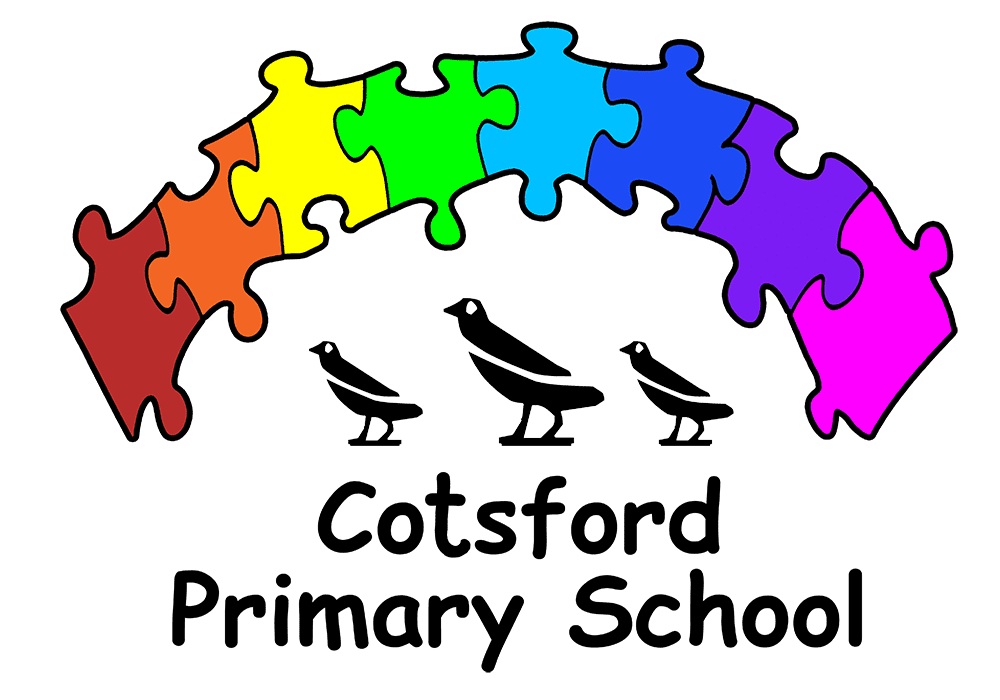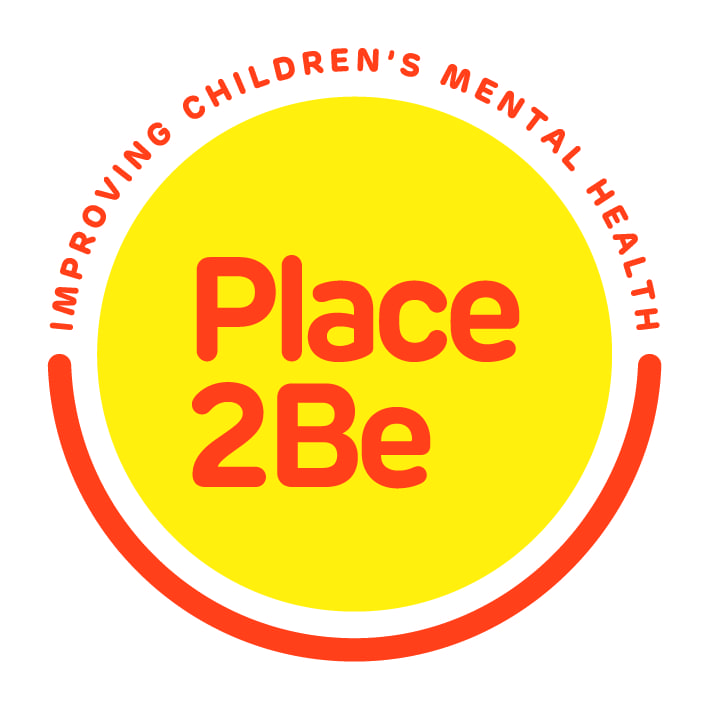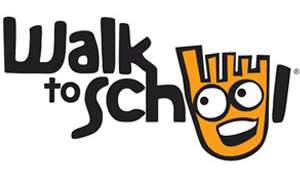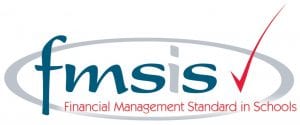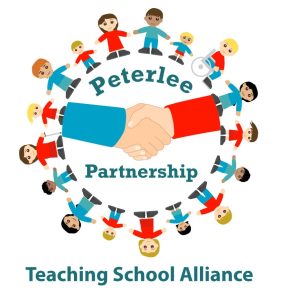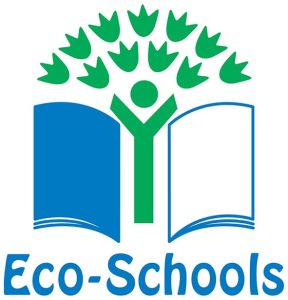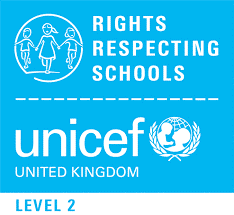Reading & EARLY READING at Cotsford
A vital skill that supports children’s learning across the whole curriculum.
At Cotsford Primary School, reading is promoted as an intrinsic part of teaching and learning. The ability to read is not only the key to learning but it also has a huge impact on children’s self-esteem and future life chances.
As a school, we will ensure that our children are taught to read with fluency, accuracy and understanding through a variety of discreet and cross-curricular learning opportunities.
Above all, we want children in our school to become enthusiastic, independent and reflective readers. We want our children to fall in love with reading so that it brings them pleasure and allows them to experience new things, discover new worlds and explore the emotions of others.
Our English curriculum is shaped around core texts which are chosen with the children. Each year group has a core text that reading and writing is centred around.

The key features of our reading curriculum are:
- Ensuring that we have an effective early reading programme.
- Develop fluency by ensuring children are given opportunities to practise their reading frequently.
- Exposure top high-quality texts to develop a love of reading.
The programmes of study for Reading at Key Stages 1 and 2 consist of 2 dimensions:
- word reading.
- comprehension (both listening and reading).
It is essential that teaching focuses on developing pupils’ competence in both dimensions; different kinds of teaching are needed for each.
Our reading journey
To begin their reading journey, the children need to focus on the first dimension from the National Curriculum which is word reading (phonics). We teach phonics using Read Write Inc. Phonics.
The programme is for:
- Pupils in Reception to year 2 who are learning to read and write.
- Any pupils in Years 2,3 and 4 who need to catch up rapidly.
- Struggling readers in Years 5 and 6 receive 1:1 using RWI resources.
Read Write Inc.
Phonics
In Read Write Inc. Phonics pupils:
- Decode letter-sound correspondences quickly and effortlessly, using their phonic knowledge and skills.
In Reception we emphasise the alphabetic code – embedding the alphabetic code early means that pupils quickly learn to write simple words and sentences. Pupils rapidly learn letter- sound correspondence and simple mnemonics help them to grasp this quickly. Learning is consolidated daily and pupils have frequent practice in reading. (Including high frequency words and common exception words).
Fluency
In Read Write Inc. Phonics pupils:
- Read common exception words on sight.
- Understand what they read.
- Read aloud with fluency and expression.
We make sure that pupils read RWI books that are closely matched to their increasing knowledge of phonics and the common exception words. This is so that, early on, they experience success and gain confidence when reading. Re-reading and discussing these books with the teacher further develop fluency. Alongside this, the teachers read a wide range of stories, poetry, and non-fiction to pupils.
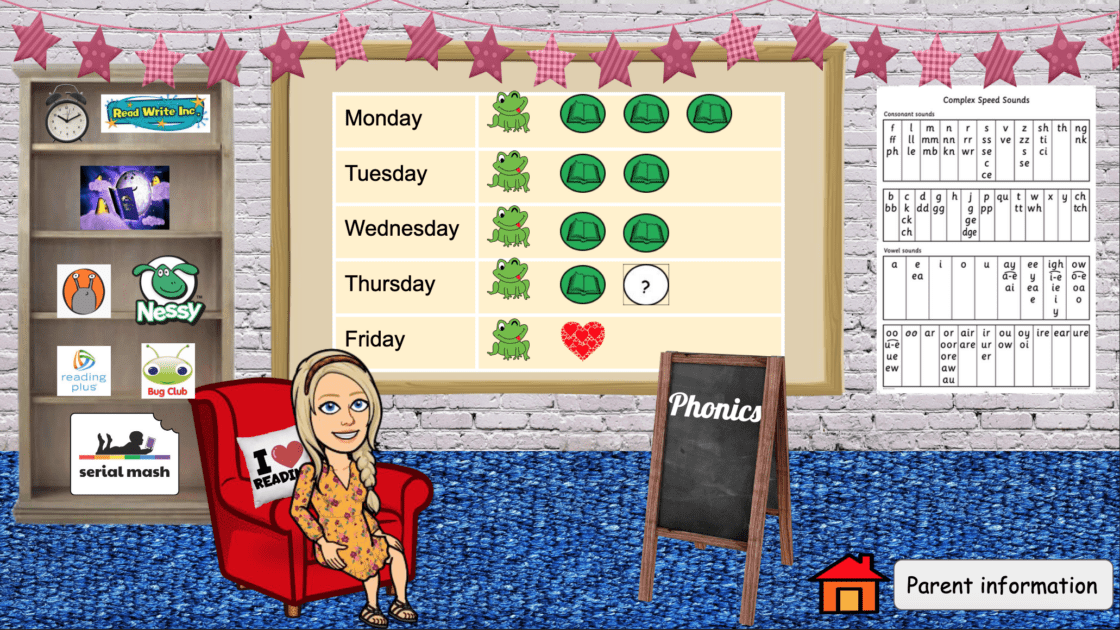
Reading lessons
Once children have seecured their phonic code, children are introduced to VIPERS reading lessons where we focus on 6 key skills to further develop their vocabulary and language comprehension. These lessons are directly linked to our class core texts. We place oracy at the centre of our reading curriculum so that the children have plenty of opportunities to have quality ‘book talk’ as we believe this helps children form their reading identity.
We focus on:
- Vocabulary,
- inference,
- prediction,
- explaining,
- retrieval
- sequencing/ summarising.
These skills are woven naturally into our guided reading and English lessons.
Home readers
Children who access RWI phonics receive decodable reading books which are matched to the children’s phonic ability. The children take home the book that they are reading in their phonics lessons and the corresponding book bag book so that they always have a familiar book and an unfamiliar book which are both phonetically decodable. We ask parents to focus on fluency at home and make it clear that children should not find their home reading book difficult.
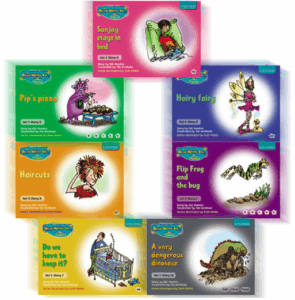

Once children have mastered their phonic code, they access a curated set of books that are age appropriate. These booklists are regularly updated based on the children’s voice with a key directive – encourage the children to be passionate about books.
School library
In addition to the curated home reading books, we have a fantastic library which the children loved. There is a timetable where the libararians work on a rotation to open the library for the rest of the children in school during break times and lunchtimes. The librarians also ensure that the home reading cupboards are regularly maintained and the outdoor reading sheds are well stocked. Their final duty is to read to the children in reception and year 1 during the lunchtime period to help support children in developing their love of reading.
Supporting children on their reading journey
RWI
Any gaps with phonological knowledge are identified speedily and those children receive 1:1 phonics sessions 4 times every week which are delivered by our highly trained staff. These interventions last no longer than 5 minutes and are reviewed regularly so that children only receive intervention when they need it.
Fluency
We aim for children to read around 80-90 WPM by the end of year 2 and continue to read at this pace with age appropriate texts. The children complete termly 1:1 fluency checks and any children who may need support with their fluency receive 1:1 intervention focusing on speeding up their reading of common exception words and rainbow reads.
Rainbow reads (1:1 and small groups) – children are given 1 minute to read through a text – they circle the word that they read upto in 1 minute. Each day (for 3 days), they reread the text and see if they can increase their fluency by circling the word that the got upto in 1 minute. The aim is that children will see their WPM increase by their third read.
Reading plus
Children from year 4 – 6 access an online resource called Reading plus, which develops fluency, vocabulary, and language comprehension.
The program has many benefits but the two main areas that Cotsford believe are key are:
- It encourages children to increase the number of words read per minute to further develop their fluency.
- Children must complete rereads which further develops their understanding of the text.
Reading is a skill essential for life and at Cotsford we want our children to leave school with a love of reading. Reading is a habit and that habit needs to be grounded in what we do at school. Children need to see adults loving books, so school staff are encouraged to share their love of reading with the children. This of course includes magazines, graphic novels, and online reading as well as traditional books.
Useful Downloads
- 10 Top Tips for Reading Stories to your Child
- Handwriting Phrases to Help Letter Formation
- Learning to Read with Read Write Inc – FAQs for Parents
Adobe Reader
You may need a product like Adobe Reader (free download) to view our PDF documents on our website.
